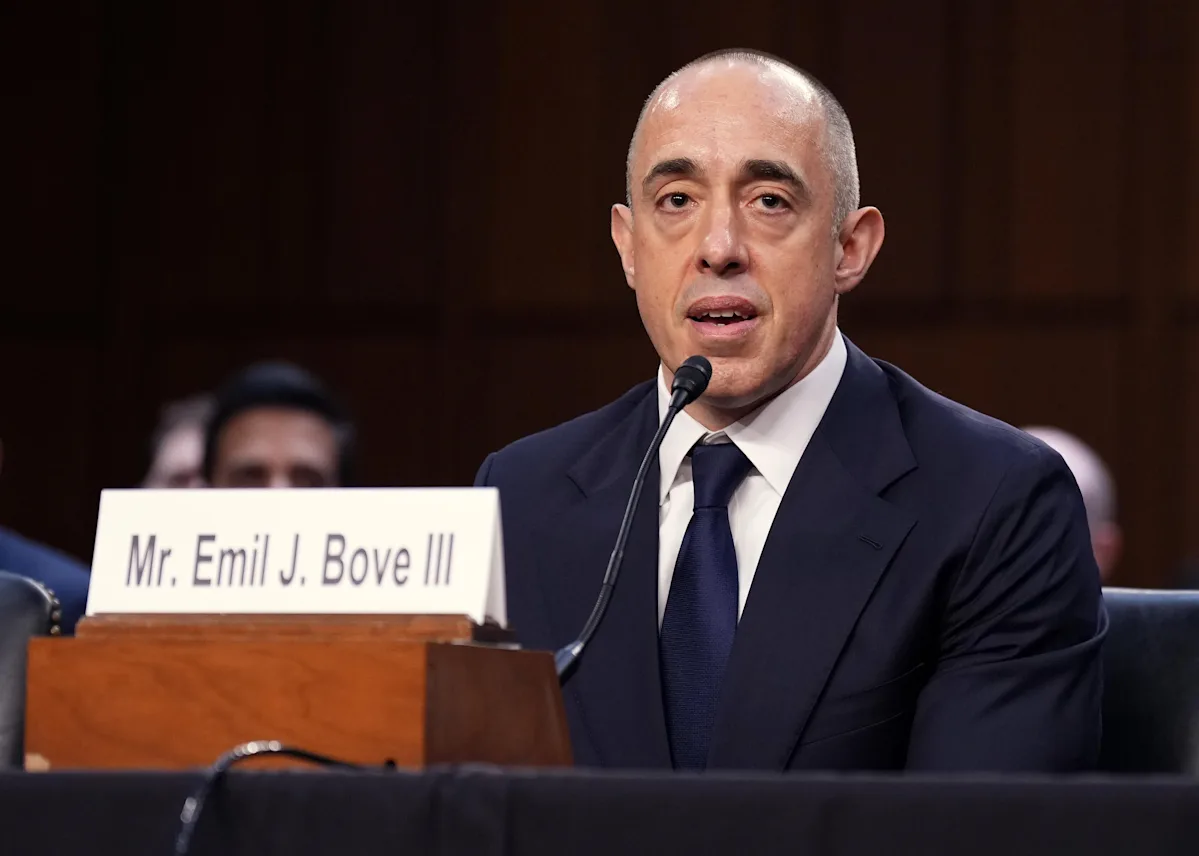President Joe Biden has taken a significant step in addressing the nation’s obesity epidemic by proposing that Medicare and Medicaid cover the costs of weight-loss drugs for millions of obese Americans. This bold policy initiative highlights the administration’s acknowledgment of obesity as a chronic health condition requiring medical intervention and underscores its commitment to improving public health. If implemented, the proposal could mark a transformative shift in how the healthcare system approaches obesity management, potentially improving health outcomes and reducing healthcare costs in the long term.
The Growing Obesity Epidemic
Obesity is a widespread and pressing health issue in the United States, affecting more than 40% of adults and nearly 20% of children. It is linked to numerous chronic diseases, including type 2 diabetes, cardiovascular disease, hypertension, and certain cancers. The economic toll of obesity is staggering, with an estimated annual medical cost exceeding $170 billion in the U.S. alone. These expenses largely stem from treating obesity-related illnesses and complications, placing a heavy burden on the healthcare system.
Despite widespread awareness campaigns promoting healthy eating and exercise, obesity rates continue to rise. Experts argue that this epidemic requires a multifaceted approach, combining preventative measures with medical interventions. Medications that aid in weight loss have emerged as a promising solution, offering hope for individuals struggling to lose weight through traditional methods alone.
Advances in Weight-Loss Medications
Recent years have seen the development of effective weight-loss drugs that have transformed obesity treatment. Medications such as semaglutide (sold under brand names like Wegovy and Ozempic) and tirzepatide have demonstrated substantial weight-loss results in clinical trials. These drugs, originally developed to treat diabetes, work by regulating appetite and improving metabolic processes, helping patients achieve significant and sustained weight loss when combined with lifestyle changes.
However, the cost of these medications remains a significant barrier. A month’s supply of Wegovy, for instance, can cost over $1,300 without insurance. For many Americans, especially those relying on Medicare or Medicaid, these prices are prohibitively expensive. This has raised questions about equitable access to potentially life-changing treatments.
Biden’s Proposal: Expanding Coverage
President Biden’s proposal to expand Medicare and Medicaid coverage to include weight-loss medications represents a major policy shift. Currently, Medicare does not cover weight-loss drugs due to a 2003 exclusion that classifies them as “cosmetic” treatments. Medicaid coverage varies by state, and many states exclude such medications from their formularies.
Under Biden’s plan, these medications would become accessible to millions of Americans who are most vulnerable to obesity and its related complications. The administration sees this as an investment in preventive care, aiming to reduce the long-term costs associated with untreated obesity, such as hospitalizations, surgeries, and chronic disease management.
Potential Benefits of Expanded Coverage
- Improved Health Outcomes
Covering weight-loss drugs could lead to significant health improvements for millions of Americans. Studies show that even modest weight loss can reduce the risk of developing conditions like diabetes and heart disease. Access to effective medications would provide patients with a powerful tool to achieve sustainable weight loss, improving their quality of life and life expectancy. - Reduced Healthcare Costs
Although the upfront cost of covering weight-loss drugs is substantial, it could result in long-term savings for Medicare and Medicaid by reducing obesity-related healthcare expenses. For example, fewer hospital visits for heart attacks, fewer joint replacement surgeries due to excess weight, and decreased prevalence of diabetes-related complications could offset the initial investment. - Equitable Access to Treatment
Expanding coverage would help bridge the gap in healthcare access, particularly for low-income and minority populations disproportionately affected by obesity. These groups often lack the resources to afford expensive medications, perpetuating health disparities. Biden’s proposal seeks to address this inequity by ensuring that all Americans, regardless of income, have access to effective obesity treatments. - Recognition of Obesity as a Chronic Disease
By including weight-loss drugs under Medicare and Medicaid, the proposal would send a strong message that obesity is not merely a lifestyle choice but a complex, chronic disease requiring medical intervention. This shift in perspective could reduce stigma and encourage more individuals to seek help.
Challenges and Criticisms
While the proposal has garnered praise from public health advocates, it also faces several challenges and criticisms:
- High Costs
Opponents argue that the cost of covering weight-loss drugs for millions of Americans could strain already overburdened Medicare and Medicaid budgets. The Congressional Budget Office (CBO) would likely need to assess the long-term financial implications of such a policy before it could be enacted. - Pharmaceutical Industry Influence
Critics worry that expanding coverage for weight-loss drugs could lead to overprescription, driven by aggressive marketing from pharmaceutical companies. Safeguards would be needed to ensure that these medications are prescribed appropriately and not viewed as a quick fix for weight management. - Lifestyle vs. Medication Debate
Some skeptics argue that focusing on medications might overshadow the importance of lifestyle interventions like diet and exercise. While weight-loss drugs are effective, they are not a substitute for healthy living, and public health campaigns must continue to emphasize the importance of holistic approaches to weight management. - Implementation Hurdles
Expanding coverage would require changes to existing Medicare and Medicaid policies, which could be time-consuming and face political resistance. Additionally, states with more restrictive Medicaid formularies might need to amend their policies to align with the federal proposal.
Broader Implications
Biden’s proposal could have ripple effects beyond Medicare and Medicaid. If these programs begin covering weight-loss drugs, private insurers may follow suit, further expanding access to these medications. Additionally, the increased demand for weight-loss treatments could incentivize pharmaceutical companies to develop new and more affordable options.
This policy shift could also encourage greater investment in obesity research, leading to a deeper understanding of the condition and the development of even more effective treatments.
Public Reaction
The proposal has sparked mixed reactions from stakeholders across the healthcare spectrum. Public health advocates have largely welcomed the initiative, seeing it as a long-overdue step toward addressing the obesity epidemic. Medical professionals have also expressed support, emphasizing the need for comprehensive treatment options that include both medications and lifestyle interventions.
On the other hand, some policymakers and taxpayers have raised concerns about the financial implications. Balancing the immediate costs of expanded drug coverage with the potential long-term savings will be a key challenge for the administration as it works to build support for the proposal.
Conclusion
President Biden’s proposal to have Medicare and Medicaid cover costly weight-loss drugs represents a groundbreaking approach to combating obesity in the United States. By addressing both the medical and economic challenges of obesity, the plan has the potential to improve millions of lives while reducing healthcare costs in the long run.
However, its success will depend on careful implementation, ongoing investment in public health initiatives, and collaboration between the government, healthcare providers, and the pharmaceutical industry. If executed effectively, this policy could mark a turning point in the fight against one of the nation’s most pressing health issues, setting a precedent for how chronic diseases are managed in the 21st century.



